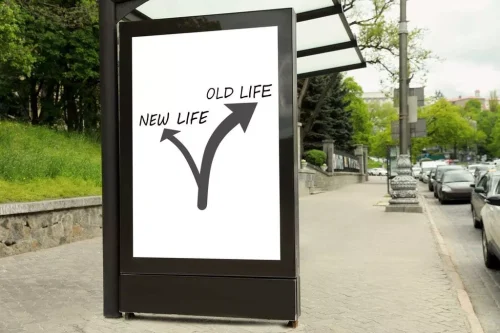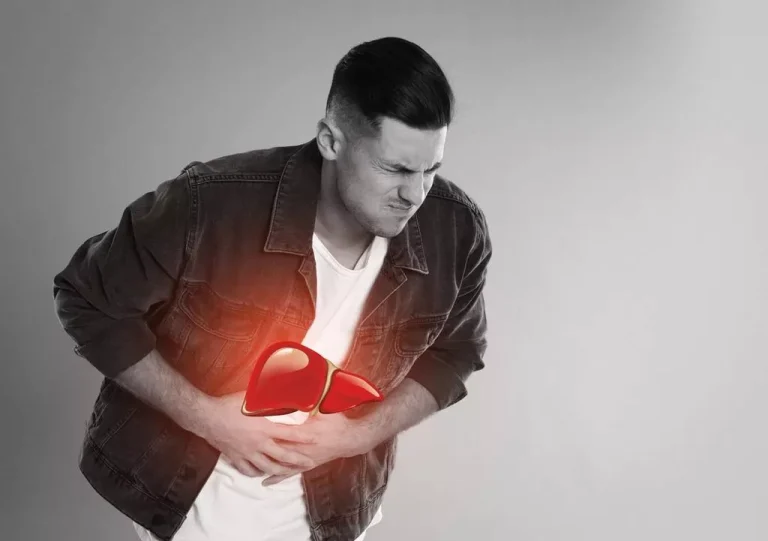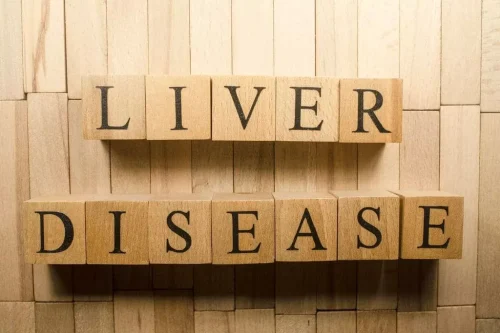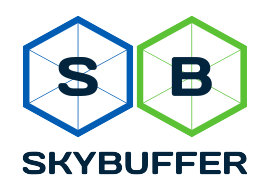
Fortunately, they have resources like their guide for the “First 30 Days” of recovery and pamphlets to pass on to friends and family as you go through this new part of your life. While programs like AA can help people recover from alcohol use disorder, they aren’t always the best fit for everyone. Now that you know how to stay sober without AA, you can put them into practice and start reclaiming your life. When anyone is learning how to overcome an alcohol addiction, it can be incredibly beneficial to seek professional help along the way. While it’s possible to quit drinking on your own, these experts have access to specialized tools, knowledge, and expertise to support you on the journey. Decide what you’ll say if someone asks why you’re sober.

Breaking the Cycle: How to Recognize and Address Relapse Triggers

Staying sober often hinges on surrounding yourself with people who encourage you, uplift you, and support your decision to abstain from alcohol. For some people, achieving this inner circle is relatively easy. They already have friends, family members, and colleagues who want the best for them and are ready to cheer them on.
Continue Therapy or Counseling
SMART Recovery concepts help individuals to recognize that alcohol abuse can be destructive, and it creates problems emotionally, physically, socially, and behaviorally. SMART Recovery programs offer both local in-person meetings and online support through a 24/7 chat board and daily online meetings. SMART Recovery programs avoid labels, such as “alcoholic,” and shy away from the disease model of addiction.
- If you think you may have a drinking problem, you’re definitely not alone.
- It can even reduce pain, anxiety, and alcohol cravings, according to a 2018 review of mindfulness research as it relates to AUD (8).
- A 2014 study showed that “baseline motivation and self-efficacy” are key predictors of moderation success (5).
- While it’s possible to quit drinking on your own, these experts have access to specialized tools, knowledge, and expertise to support you on the journey.
How to socialize without alcohol: 12 tips for a sober social life
- But therapy costs money and requires insurance, which not everyone has.
- Remind yourself why you made this choice whenever you need to strengthen your resolve.
- Although these new activities are healthy and productive, they can be a stumbling block to lasting recovery if they become a transfer addiction to fill the void left by the original addiction.
- Rather, it’s intended to serve as an educational tool to help individuals learn more about how their addictions can affect their well-being.
The most important step you can take in becoming alcohol-free is having a plan in place. Many find that they cannot stay true to their sobriety if they do not have a strategy they can actually stick to. Choosing an alcohol-free lifestyle can have a positive impact on your relationships. When alcohol is no longer the center of every outing or celebration, conversations and relationships can become much more meaningful. Alcohol makes it nearly impossible for an individual to get a decent night’s rest.
SMART Recovery
- Lean on close friends and family for support, even if your relationships aren’t what they used to be.
- Completing the program includes 30 days of self-monitoring your drinking via a personal journal while noticing trigger patterns or repeated negative behaviors.
- Early intervention is key, and finding the tools and community support earlier in your journey will make sobriety much more manageable in the long run.
- Substance use can have long-lasting effects on physical and mental health, making ongoing monitoring essential.
- As you seek recovery, it’s important to understand why you’re taking these steps to avoid alcohol.
Having a drink in your hand can make social interactions easier. Water is a good option, but you can also try non-alcoholic beverages, like mocktails, which are widely available and often just as interesting and fun as alcoholic options. You may find that you enjoy certain aspects of AA, tips to stay sober but also require additional recovery support from non-AA recovery treatments. There is no “one true path” to changing your relationship with drinking.
